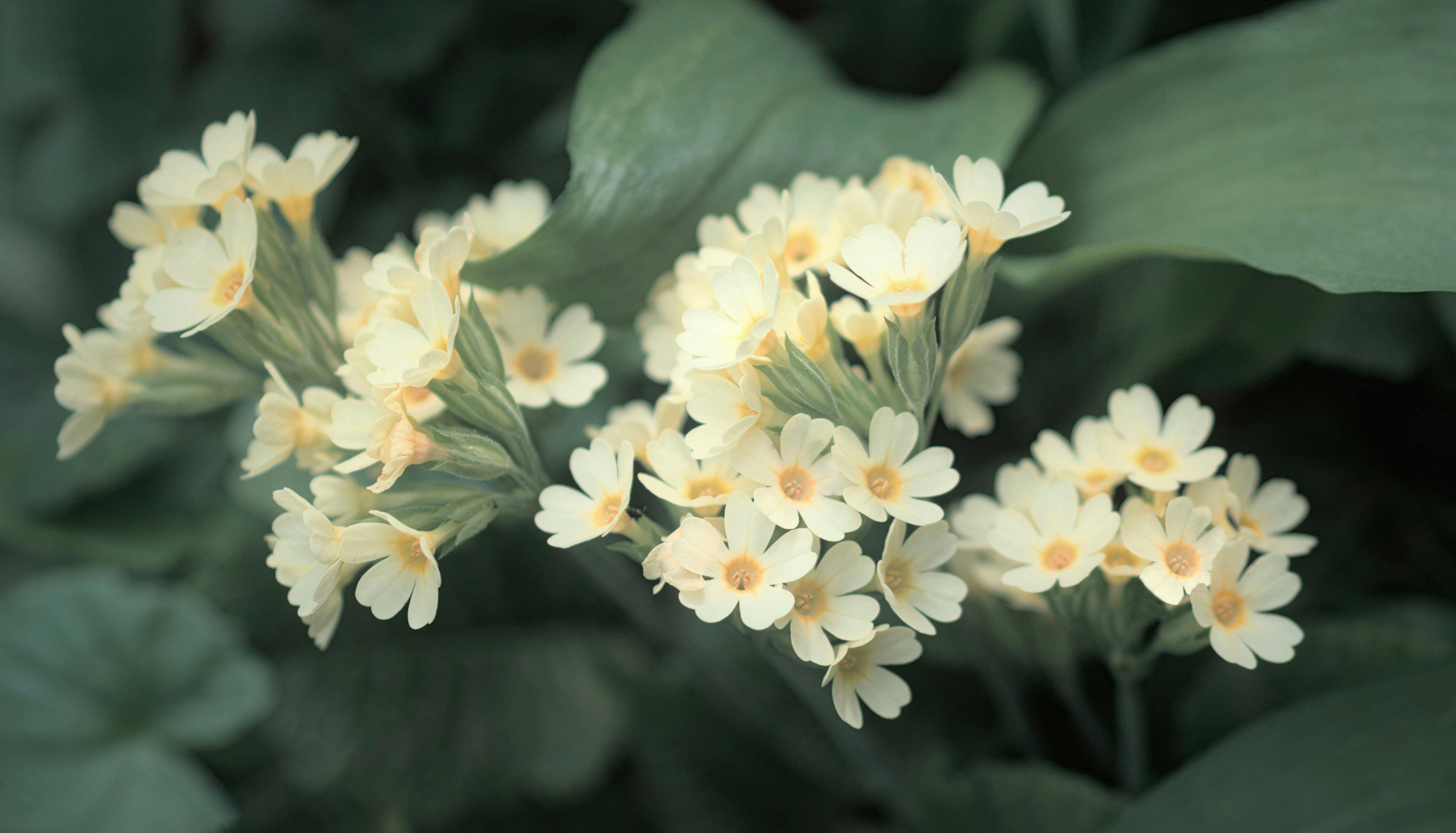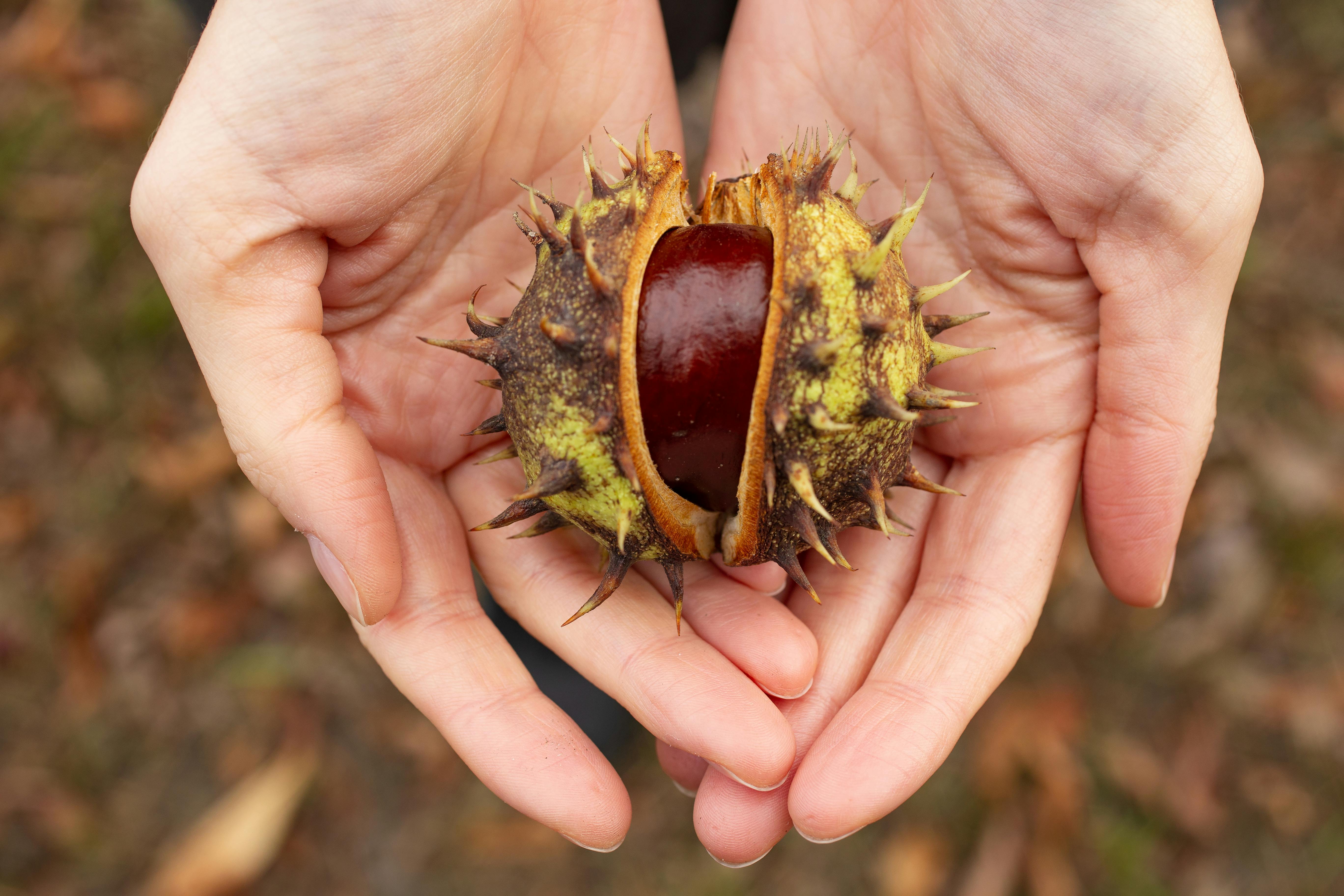Mr. Gardener: Your Go-To Resource for All Things Gardening
The Importance of Gardening Knowledge
Gardening is not just a hobby; it’s a rewarding way to connect with nature and grow your own food. Understanding the **basics of gardening** can significantly enhance your experience. Mr. Gardener embodies this ethos, offering a wealth of knowledge to help both novice and experienced gardeners alike. By acquiring gardening insights, you can improve your gardening techniques, understand seasonal planting cycles, and boost plant health. Furthermore, learning about the best practices in gardening empowers you to cultivate a beautiful and productive garden.

Key Gardening Techniques to Master
Several essential gardening techniques can dramatically influence the success of your garden. From **soil preparation** and plant selection to watering and pest management, each aspect plays a critical role. For instance, understanding your soil type and how to amend it can lead to robust plant growth. Instead of simply digging a hole and planting, consider testing your soil’s pH and nutrient levels, which can guide you in creating optimal conditions. Additionally, practicing proper watering techniques ensures that your plants receive the right amount of moisture – not too little or too much.
Choosing the Right Plants for Your Garden
When starting a garden, selecting the appropriate plants is crucial. Factors such as climate, soil type, and the amount of sunlight your garden receives should inform your choices. Mr. Gardener suggests making a list of plants that are well-suited for your specific environment. For example, if you live in a region with high humidity, you might opt for plants like ferns and hostas that thrive in such conditions. Conversely, succulents and cacti are ideal for dry areas. Taking the time to match plants with conditions ultimately leads to a more flourishing garden.
Creating a Sustainable Gardening Environment
Sustainability is a hot topic, and **sustainable gardening practices** can contribute positively to the environment. This includes using organic fertilizers, practicing crop rotation, and conserving water. Mr. Gardener emphasizes the importance of these practices in maintaining an eco-friendly garden. By reducing chemical inputs and focusing on natural resources, such as composting kitchen scraps, you can foster a healthier ecosystem. Additionally, implementing rainwater harvesting systems can promote water conservation and reduce utility costs.
Advanced Gardening Techniques for Enthusiasts
For those looking to elevate their gardening game, exploring advanced techniques can be incredibly rewarding. Mr. Gardener covers a range of effective strategies, including vertical gardening, aquaponics, and hydroponics. These techniques not only save space but can also lead to innovative ways of growing plants. For instance, **vertical gardening** allows gardeners to utilize walls or fences, making it possible to grow a variety of plants in small spaces. Aquaponics and hydroponics, on the other hand, present methods that eliminate traditional soil use and can significantly enhance yield efficiency.

Implementing Vertical Gardening
Vertical gardening is an excellent way to maximize limited gardening space while adding aesthetic appeal. This technique involves growing plants upwards rather than outwards, which can be achieved with trellises, wall planters, and stacked planting systems. Consider choosing plants that are well-suited for vertical growth, like tomatoes or peas. When implementing this technique, make sure to provide adequate support for climbing plants to flourish. By utilizing this approach, gardeners can not only produce more crops but also create visually stunning displays in their gardens.
Exploring Hydroponics and Aquaponics
Hydroponics and aquaponics are revolutionary gardening methods that offer efficient solutions for producing food. Hydroponics involves growing plants without soil, using nutrient-rich water instead. On the other hand, aquaponics combines fish farming with plant cultivation in a symbiotic environment. These systems can produce higher yields in less time, making them ideal for urban settings or regions with limited land. Mr. Gardener advocates for these techniques as they can lead to fewer pest problems and slower weed growth, allowing for a more streamlined gardening experience.
Common Gardening Mistakes to Avoid
Even the most seasoned gardeners can fall prey to common gardening mistakes. Understanding what to avoid can lead to a healthier and more abundant garden. Mr. Gardener outlines several pitfalls, including overwatering plants, neglecting soil health, and planting too closely together. Overwatering can lead to root rot, while ignoring soil health results in nutrient deficiencies. Additionally, crowding plants can stifle growth due to competition for resources. By being aware of these mistakes, you can adopt best practices for maintaining a flourishing garden.
Understanding Plant Watering Needs
One of the most significant challenges gardeners face is ensuring their plants receive adequate water. Different plants have varying hydration requirements based on their growth stage, weather conditions, and soil drainage capabilities. Mr. Gardener recommends developing a watering schedule tailored to plant needs, which often includes deep watering less frequently, allowing the roots to grow stronger. Observing your plants for signs of underwatering or overwatering can also provide valuable insights into their hydration needs.
Soil Health: The Foundation of Your Garden
Soil health is often the forgotten aspect of gardening, but it is absolutely vital to plant growth. Healthy soil is rich in organic matter, has good structure, and supports a diverse array of microorganisms. Mr. Gardener suggests regularly testing your soil and adding organic matter like compost to improve its quality. It’s essential to know the nutrient composition of your soil so that you can amend it accordingly to suit the needs of the plants you wish to cultivate. Ultimately, soil health equates to plant health.
Conclusion
Gardening is a fulfilling and enriching pursuit that can provide both beauty and sustenance. With guidance from resources like Mr. Gardener, you can enhance your gardening knowledge and skills, avoiding common pitfalls and embracing innovative techniques. Whether you’re looking to grow your own vegetables, create a beautiful landscape, or explore advanced gardening techniques, there is always something new to learn and apply in your gardening journey.
Key Takeaways
- Understanding the fundamentals of gardening can enhance your experience.
- Choosing the right plants for your specific environment is crucial.
- Advanced techniques like vertical gardening and hydroponics can maximize yields.
- Avoid common pitfalls such as overwatering and neglecting soil health.
- Sustainable practices contribute to a healthier garden and environment.
FAQ
1. What are the most common plants for beginners?
Beginners often succeed with easy-to-grow plants such as **herbs**, tomatoes, and lettuce. These plants typically require minimal care and provide quick results, making them perfect for novice gardeners. Starting with these varieties can encourage confidence in your gardening abilities while also producing delicious ingredients for your kitchen.
2. How can I improve my soil quality?
Improving soil quality is achievable through several methods, including incorporating organic matter like compost or well-rotted manure. Regularly testing soil for nutrient levels and pH can provide insights into necessary amendments. Additionally, practicing crop rotation and cover cropping can also enhance soil structure and fertility over time.
3. What is companion planting?
Companion planting involves strategically planting different crops together to enhance growth, reduce pests, and improve harvests. For example, planting marigolds alongside vegetables can deter harmful insects and attract beneficial pollinators. Implementing companion planting strategies can lead to a healthier and more productive garden.
4. How often should I water my plants?
Watering frequency depends on several factors, including plant type, weather conditions, and soil drainage. Generally, deep watering once or twice a week is preferable to shallow watering daily, as this encourages deeper root growth. Always monitor plants for signs of stress due to underwatering or overwatering to adjust your approach accordingly.
5. How can I attract beneficial insects to my garden?
Attracting beneficial insects can enhance your garden’s health by aiding in pollination and pest control. Planting a variety of flowers that bloom at different times, such as **butterfly-attracting plants** or herbs like fennel and dill, can entice beneficial insects. Creating a habitat, like leaving areas of your garden untended, can also encourage these helpful visitors.
